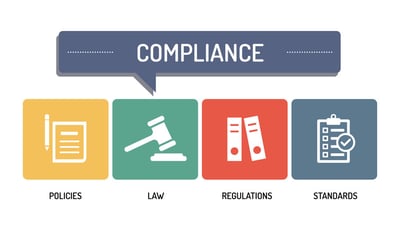- Home
- About
- Services
- Tools & Resources
- Client Info
- Request Info
- Carrier Tools
- Contact Us
- Get a Quote
- Français
Tariff classification can be confusing—even for the experts! But getting your classification right is a crucial aspect of any import/export business.
It keeps your company compliant with customs rules and legislation, and keeps your business costs predictable.
The Harmonized Commodity Description and Coding System (often called Harmonized System, or just HS) is an internationally recognized system for classifying traded goods. It's used by more than 180 countries and territories worldwide.
An HS code is a 10-digit number that identifies a product. Each pair of digits describes part of the product's classification.
This system can be used to classify any product and, once a code is accurately assigned, ensures the product will be treated consistently with respect to duty, taxes and other import/export requirements.
Most importers seek help from qualified professionals—like licensed customs brokers or customs attorneys—who have extensive experience in classifying goods to help make sure they classify their goods correctly.
To assign a product an HS code, the following information is needed:
It may be also worthwhile to have a qualified professional request a binding ruling on your behalf from the appropriate customs agency (CBSA in Canada or CBP in the U.S.) on your product’s HS classification.
Having the correct classification is important because it means:
With Cole International’s offices conveniently located in Canada and the U.S., our customs brokers have the breadth, knowledge and experience to assist with all your tariff classification needs. We can provide an initial assessment for classification, help you understand the nuanced difference between similar products, request a binding ruling, or determine whether your imports qualify for special treatment under a free trade agreement. Whatever your customs needs, we have you covered. Contact us today